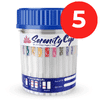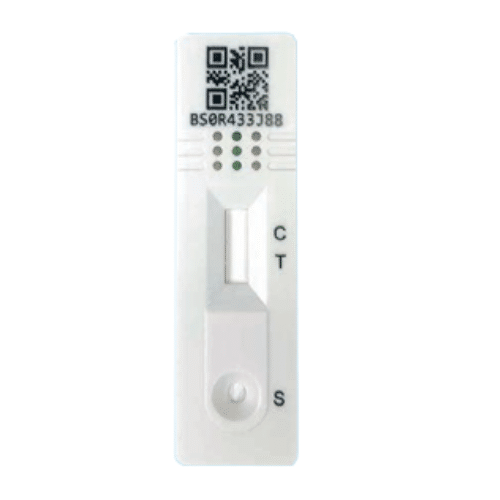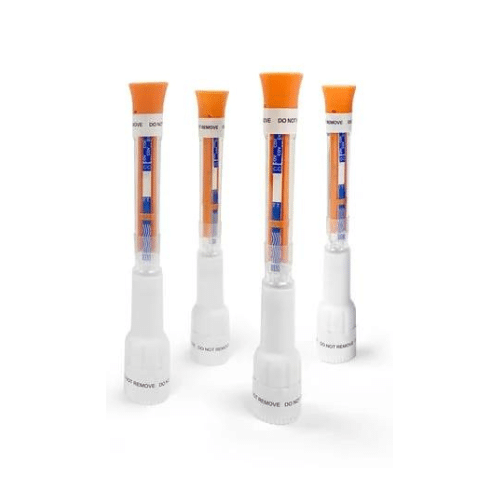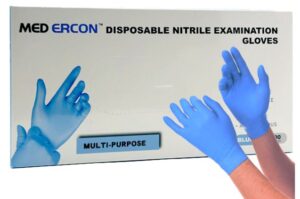Number Of Panels
- 1 Panel Drug Test
- 4 Panel Drug Tests
- 5 Panel Drug Tests
- 6 Panel Drug Tests
- 8 Panel Drug Tests
- 10 Panel Drug Tests
- 12 Panel Drug Tests
- 13 Panel Drug Tests
- 14 Panel Drug Tests
- 15 Panel Drug Tests
- 16 Panel Drug Tests
- 17 Panel Drug Tests
- 18 Panel Drug Tests
- 19 Panel Drug Tests
- 20 Panel Drug Tests
- 22 Panel Drug Tests
- 28 Panel Drug Tests
Test by Type
- Professional Use Drug Tests
- CLIA Waived Drug Test
- DOT Approved Drug Tests
- FDA 510K approved Drug Tests
- Harm Reduction
- Transportation Tests
- Workplace Testing
- Prison Tests
- Court Testing
- Drug and Alcohol Centers
- Pain Clinics
- Detox Centers
- Probation Testing
- Treatment Centers
- Instant Covid Tests
- Government





































